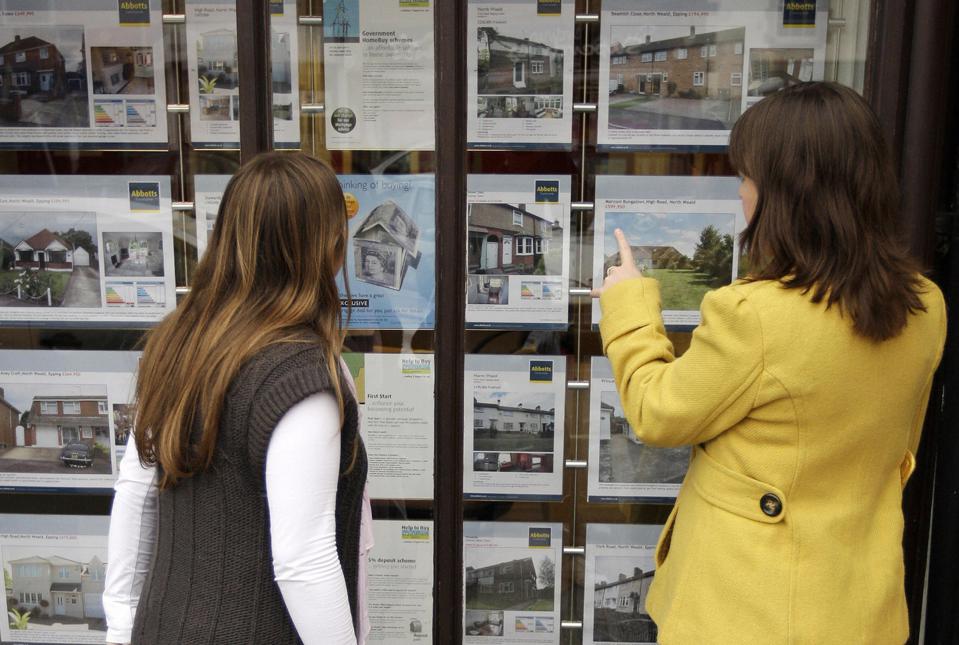Published by Forbes.com | May 5, 2022
NAR calculates purchasing a home is now 55% more expensive than a year ago.
Two years after enduring the devastating financial impacts of Covid-19, the U.S. economy has made an impressive comeback, in large part due to a booming housing market. But as Lawrence Yun, chief economist for the National Association of Realtors explains, there are significant questions regarding the sector’s direction over the coming months.
“Housing kept the economy afloat as home prices rose and buyer demand intensified,” said Yun. “However, this year has already thrown some curveballs, including record-low inventory and unyielding inflation.”
While housing supply appears to be on the upswing as builders increasingly construct new homes, Yun expects inflation to persist and in turn cause strain for would-be buyers. Additionally, other external economic factors will negatively impact the market, both indirectly and directly.
From soaring food prices to record gas costs, Yun said the Russia-Ukraine war has contributed to further housing unaffordability for buyers. He said that a more immediate impact for home seekers has been the rapid increase of mortgage rates, along with other anti-inflationary actions from the Federal Reserve.
“Mortgages now compared to just a few months ago are costing more money for home buyers. For a median-priced home, the price difference is $300 to $400 more per month, which is a hefty toll for a working family.”
NAR calculates purchasing a home is now 55% more expensive than a year ago. Rising mortgage rates and prices hurt affordability, and although wages are improving, Yun says they are “wiped away” due to inflation.
“Wages have risen by 6% from one year ago, and that’s good news,” said Yun. “But inflation is at 8.5%.” He estimates inflation will remain elevated for the next several months and that the market will see further monetary policy tightening through a series of rate hikes.
Citing a five-month decline in pending home sales, as well as a drop in newly constructed single-family sales, Yun predicts the higher mortgage rates will slow the housing market.


